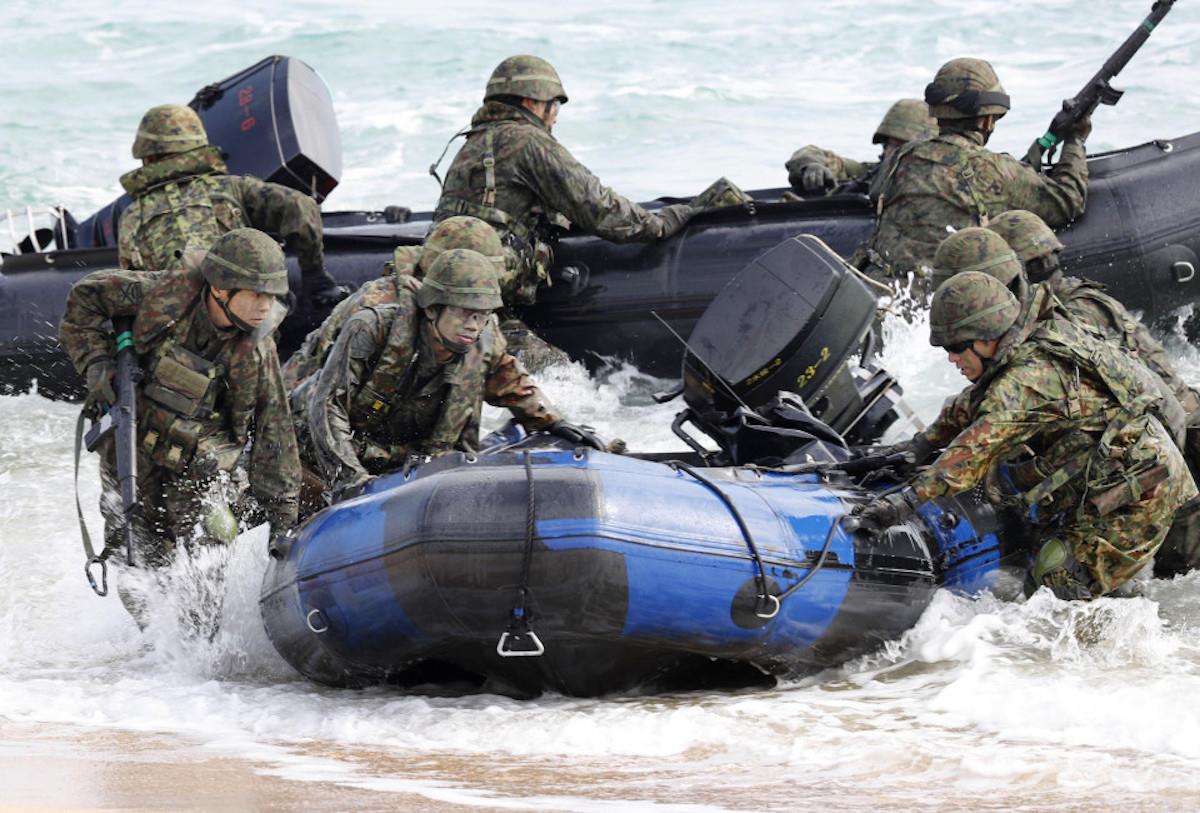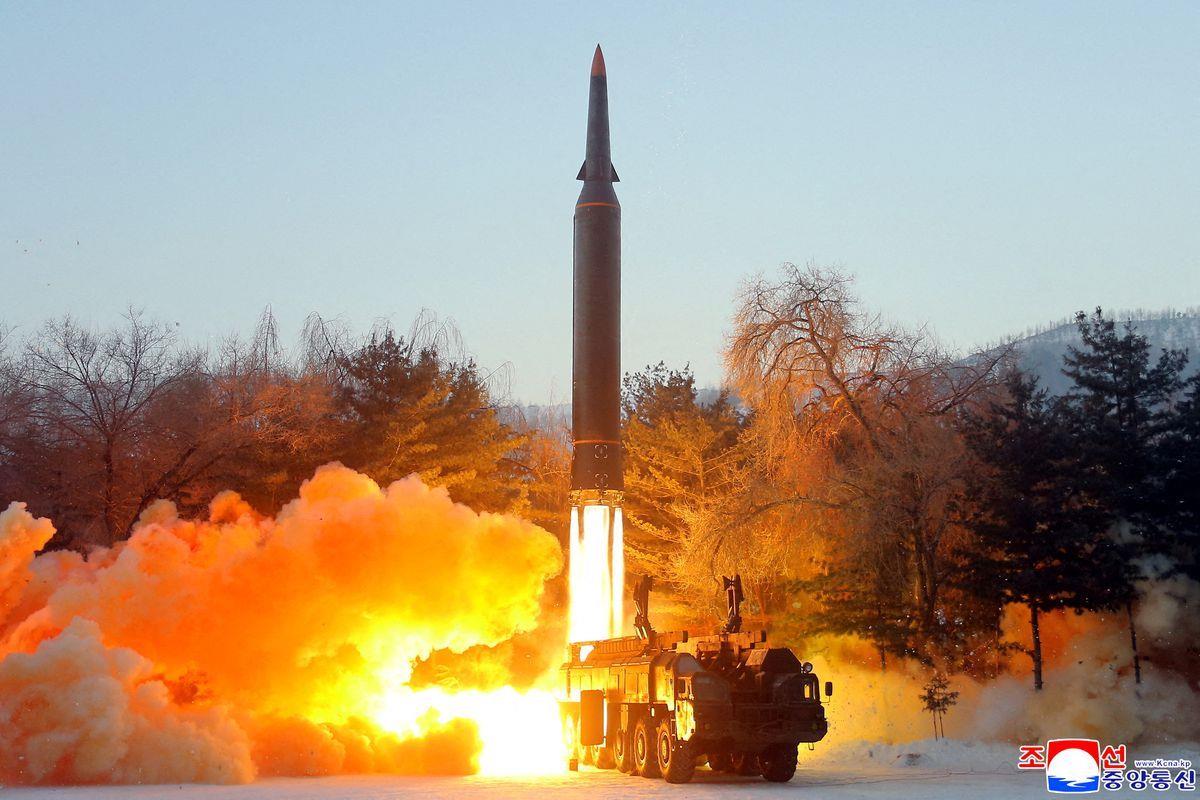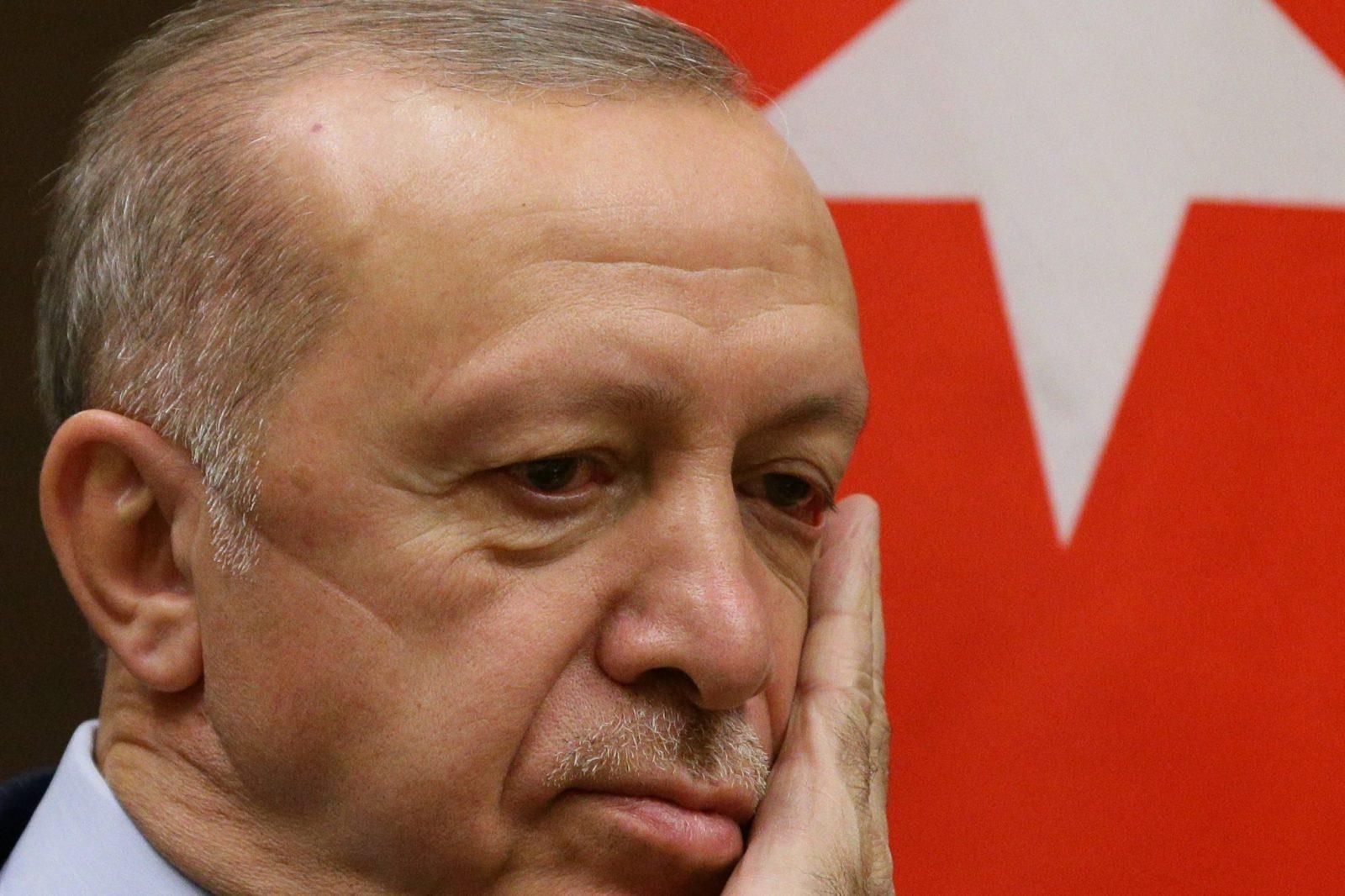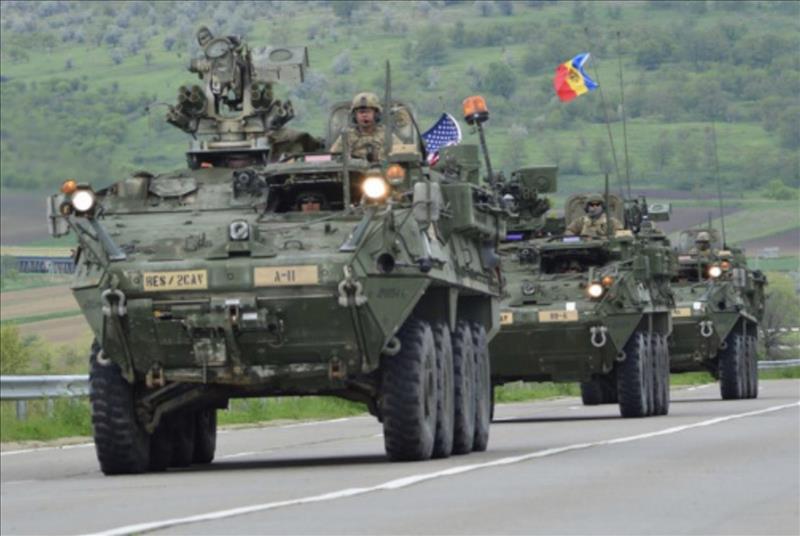
US Troops In Moldova In Emerging Plan B For Ukraine
US troops are now in Moldova with Romanians, ostensibly for a military exercise called JCET 2024 (Joint Command Exchange Training). The exercise started on April 1 and will continue until April 19.
According to a Moldovan Ministry of Defense statement,“The aim of the exercise is joint training and exchange of experience between Moldovan, Romanian and American special forces, as well as to increase the level of interoperability between the participating contingents. This year's event will also be attended by representatives of the [Moldovan] State Protection and Security Service and the Pantera Special Forces.”
These exercises are not new but they taken on new urgency now because of the developing situation in neighboring Ukraine.
Strategic Dialogue Group. Photo: US Embassy Moldova
The US sponsors what it calls the Moldova-US Strategic Dialogue in Chisinau, Moldova's capital. The dialogue focuses on areas of
The United States has made nearly US$320 million available in new economic, security, and humanitarian assistance to help Moldova. This assistance includes $30 million in non-reimbursable budget support disbursed in December 2022 for electricity purchases. According to the US State Department:
Molodovan State Protective Service officers.
The purpose of the State Protection and Security Service, which is separate from the Moldovan army, is to protect high government officials.
Officially, Moldova is supposed to be a neutral country. There is talk of changing its constitution to allow it to join military alliances and, potentially, to join NATO. Joint training with foreign countries (the US and Romania) would appear to violate current constitutional neutrality provisions.
Romania is keen on building up its military relationship with Moldova. Legislation is pending in Romania to allow it to intervene outside the country. Such actions would not be limited to the military but might also involve other types of interventions to counter hybrid threats. The focus of the new law is Moldova and Ukraine.
Romania supplies 80-90% of Moldova's energy. It has built a gas pipeline ultimately connecting Cisenau with Romania, largely financed by grants and loans from the European community. Moldova no longer receives gas from Russia.
According to Romanian sources, there are 600,000 Romanian citizens in Moldova (most with hybrid citizenship). Romania is positioning itself to“protect” its Moldovan
citizens in case of conflict.
Moldova is the second poorest country in Europe after Ukraine. In 2022, Moldova's per capita income was $5,688. Ukraine's was $4,005 (before the current war). Eastern Europe overall has a per capita income of $11,855.

High time for real US-Japan defense cooperation

North Korea-Japan enmity going hypersonic

Turkey's economy paying the price for years of policy mishaps
Moldovan land is between the
Dniester and Prut rivers, the area once known as Bessarabia.
Most of the population is Eastern Orthodox.
There was once a large and thriving Jewish community in the country. Chisinau, the Moldovan capital, was 46% Jewish. In the Kingdom of Romania during the Holocaust, an estimated 380,000–400,000 Jews died in then-Romanian-controlled areas including Bessarabia, Bukovina and Transdniestria.
Romania is said to rank first among Holocaust perpetrator countries other than Nazi Germany. Today, there are about 15,000 Jews in Moldova and Transdniestria.
There has been an ongoing struggle in Moldova with the country roughly divided into two camps: the pro-EU camp on the one side and the pro-Russian camp on the other. Currently, the pro-EU camp is in power.
It has outlawed pro-Russian opposition parties and organizations and jailed some of their leaders. In addition, the ruling party has closed 13 TV and media outlets on the grounds they were connected to Russia.
Until mid-March, the pro-EU party did not allow opposition candidates to run for local or national elections.
Evghenia Gutsul visits with Russian President Vladimir Putin in Moscow. Photo: President of Russia
An illustrative case is that of the current elected governor of Gagauz autonomous region, Evghenia Gutsul. Gagauzia is a Turkic-speaking, Russian Orthodox entity in the southeastern part of Moldova.
Gutsul was a member of the Shor (or Sor) party, a pro-Russian party that was outlawed by the current government. She was not permitted to run for office under the party banner and was accused of helping to illegally finance the Shor party. She decided to run for office as an“independent” and won handily. Gutsul is close to Moscow and President Vladimir Putin.
In March the
high court in Moldova determined
that outlawing the Shor
party was illegal.
German police on Moldova border. Photo: X.com / @SlavFreeSpirit / Screengrab
Meanwhile, other countries are taking a keen interest in Moldova. An interesting example: The Germans are supplying police to reinforce the border with Ukraine. Germany joined an EU-sponsored project to“ensure the security” of Moldova.
The police stop smuggling, but according to reports, critics say the efforts being reinforced are mainly concerned with stopping Ukrainians from escaping conscription and returning them to Ukraine, where they face either jail terms or being thrown onto the front lines fighting Russia.
How such activity would square with European human rights laws is an open question.
France is also activating key units of its Foreign Legion – many of which are currently out of work after being kicked out of some African countries. According to press reports, 1,500 French Foreign Legion troops are likely to be deployed either to Ukraine or to Moldova, either in May or June.
France President Emmanuel Macron has been working overtime trying to gin up NATO support for intervention in Ukraine.
TransdniestriaTransdniestria is a breakaway region officially known as the Pridnestrovian Moldovan Republic which has its own government and military. It is on the eastern side of the Dnistria river with its capital at Tiraspol. The European Parliament has declared that this area is under Russian occupation.
There is a Russian military contingent in Transdniestria but it is comprised of only 1,500 soldiers. There is also a massive Russian ammunition dump there, a subject of much interest to the ammunition-starved Ukrainians. The army of Transdniestria is made up of 5,000 active duty personnel and 16,000 reservists. Much of its equipment is antiquated.
By comparison, Moldova has an army of 6,500 active duty personnel and 2,000 annual conscripts. It claims a reserve force of 65,000. How reliable any of these force figures are isn't known.
Transdniestria Independence Day Parade – a T-64 Tank.
For foreign troops to operate from Moldova on into Ukraine, they would either need to take over Transdniestria or, alternatively, put military forces into Gagauzia, which would likely trigger a civil war.
Strategic significanceMoldova on its own is not of any strategic importance. However, it could be a staging area and jumping-off point for a strategy aimed at Ukraine's southern city of Odesa and, perhaps, Russia-annexed Crimea.
What seems to be brewing in Europe is some sort of Plan B – in essence, what to do if the Ukrainian army collapses. European specialists and some officials are increasingly opining that the days of Ukraine as an independent entity may be reaching an end.
Russian officials are feeding into the dialogue by saying they want a huge buffer zon in any Ukraine settlement, a cordon sanitaire to prevent NATO from threatening Russian territory and vital interests.
Assuming that the dire war predictions are realized, a future Ukraine could consist of an annexed Russian area, a pro-Russian regime in Kiev, a buffer zone and western Ukraine taken over by Poland, potentially cut up with some of its neighbors.

Sign up for one of our free newsletters
- The Daily ReportStart your day right with Asia Times' top stories AT Weekly ReportA weekly roundup of Asia Times' most-read stories
NATO, however, would want to have a counterweight to a Russian victory. That could mean, in addition to the Ukrainian city of Lviv returning to Poland, an attempt to protect Odesa and perhaps threaten Crimea, which the Russians regard as vital territory for their security and its historical importance.
Building up Moldova as a staging area, therefore, looks like an emerging potential strategy, the beginning of a Plan B. However, there are problems in using Moldova as a staging area.
Its politics are very unsettled, and if the Russians really step up their efforts in that country, the pro-EU faction may face a cloudy future. That would potentially foreclose Moldova as an EU staging ground.
Alternatively, the EU via Romania and others may send in troops to secure the pro-EU regime now in power, which could lead to an internal and bloody conflict.
Stephen Bryen served as staff director of the Near East Subcommittee of the US Senate Foreign Relations Committee
and as a deputy undersecretary of defense for policy.
This
article was first published on his
Weapons and Strategy
Substack and is republished with permission.
Thank you for registering!
An account was already registered with this email. Please check your inbox for an authentication link.

Legal Disclaimer:
MENAFN provides the
information “as is” without warranty of any kind. We do not accept
any responsibility or liability for the accuracy, content, images,
videos, licenses, completeness, legality, or reliability of the information
contained in this article. If you have any complaints or copyright
issues related to this article, kindly contact the provider above.


















Comments
No comment